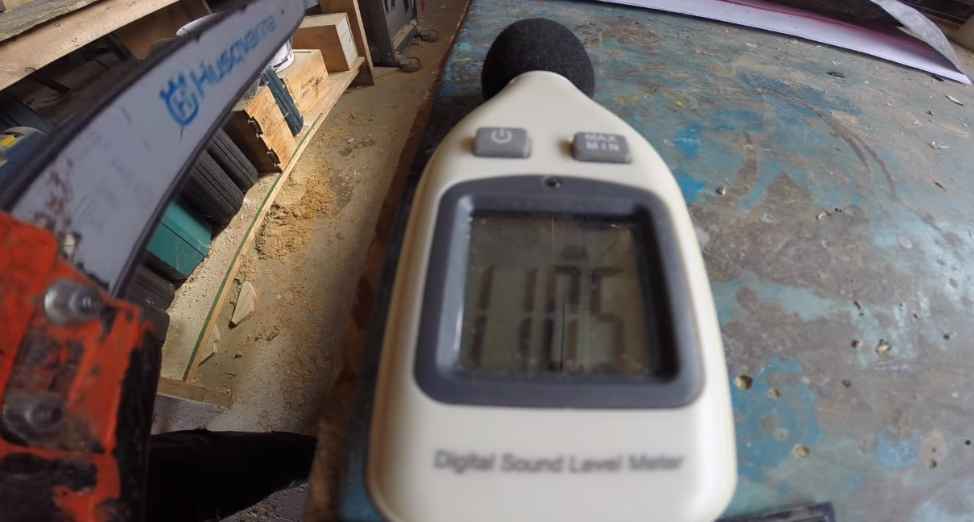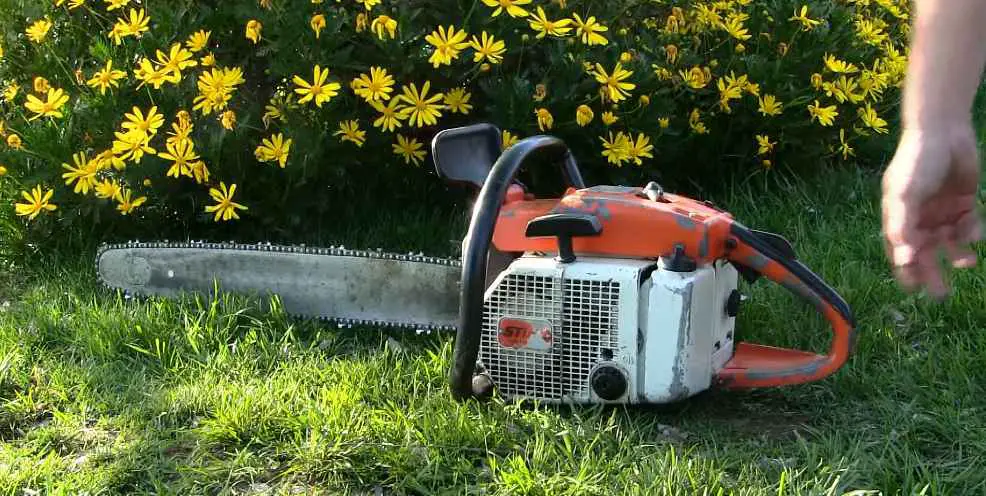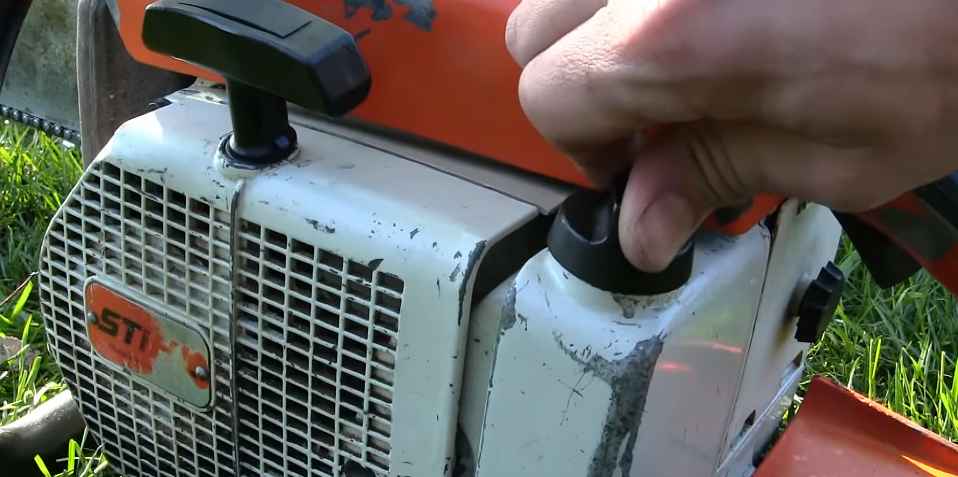A chainsaw is a mechanical saw that is used to cut through wood. It consists of a chain with teeth that spins around a guide bar. The chain is driven by a motor, which makes the saw very powerful.
Chainsaws can be quite loud, depending on the model and how it is being used. Some models can produce noise levels of up to 120 decibels, which is loud enough to cause hearing damage.
Chainsaws are one of the most versatile tools that you can have in your arsenal. They can be used for a variety of tasks, from cutting down trees to trimming branches. But one thing that they all have in common is that they are loud.
Most chainsaws produce around 100 decibels of noise, about as loud as a jackhammer or a rock concert. That’s why it’s important always to wear ear protection when using a chainsaw. Otherwise, you could end up with permanent hearing damage.
If you need to use a chainsaw for an extended period, it’s best to invest in a good pair of earplugs or earmuffs. And if you’re going to be working near other people, make sure to let them know ahead of time so they can protect their ears as well.

How Far Away Can You Hear a Chainsaw?
If you’re using a standard chainsaw, the noise level is about 110 decibels. That’s loud enough to cause pain and hearing damage after just a few minutes. So how far away can you hear it?
It depends on many factors, like the type of chainsaw, the terrain, and whether any buildings or other objects could block the sound. But in general, you could probably hear a chainsaw from at least half a mile away if nothing was in the way.
Can Chainsaws Make You Deaf?

Although chainsaws are not generally known for being particularly loud, they can reach high decibel levels that can cause hearing loss. In fact, according to the National Institute for Occupational Safety and Health (NIOSH), exposure to noise levels above 85 decibels (dBA) over an eight-hour period can lead to permanent hearing damage.
And while most chainsaws operate at around 100 dBA, some models can produce noise levels as high as 120 dBA.
So, yes, chainsaw use can cause deafness. You can do a few things to protect your hearing when using a chainsaw. First, make sure you’re using ear protection – earplugs or earmuffs – that’s rated for the noise level of your particular saw.
Second, try to stay aware of how long you’re exposed to the noise; if possible, take breaks every 15 minutes to rest your ears. Finally, be sure to have your hearing checked regularly by a professional; this will help you catch any early signs of hearing loss and take steps to prevent further damage.
What Does 106 Decibels Sound Like?
Decibels are a unit of measurement for sound. The higher the decibel level, the louder the noise. A sound 10 decibels quieter than another is one tenth as loud.
So, what does 106 decibels sound like? It sounds like a jet engine taking off from 100 feet away! That’s pretty loud.
But it’s not just the volume that makes this noise so loud and potentially damaging to your ears. It’s also the pitch, or frequency, of the noise. High-pitched noises are more likely to cause hearing damage than low-pitched ones because they travel further into your ear and forcefully vibrate your eardrum.
How Loud is a Gas Chainsaw?

If you’re considering using a gas chainsaw, you might wonder how loud they are. Gas chainsaws can be pretty loud, so it’s essential to make sure you wear hearing protection when using one. The average noise level of a gas chainsaw is around 110 decibels, which is louder than a power drill or a jackhammer.
If you’re going to be using a gas chainsaw for an extended period, it’s even more important to wear hearing protection to avoid damage to your ears.
The Worlds Most Powerful Chainsaw Stihl MS 881- Our Biggest Sponsor Yet
Conclusion
This blog post was interesting and informative. It was great to learn about the decibel levels of different chainsaws and how loud they can be. It is important to be aware of the noise level of a chainsaw before using it, so that you can take proper safety precautions.